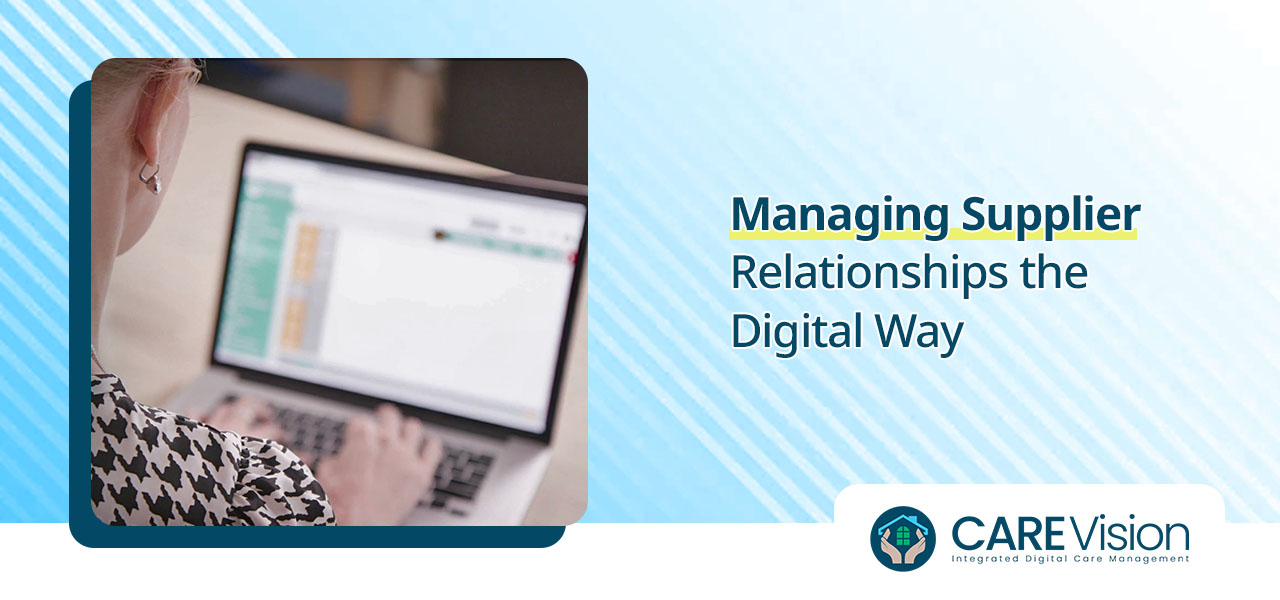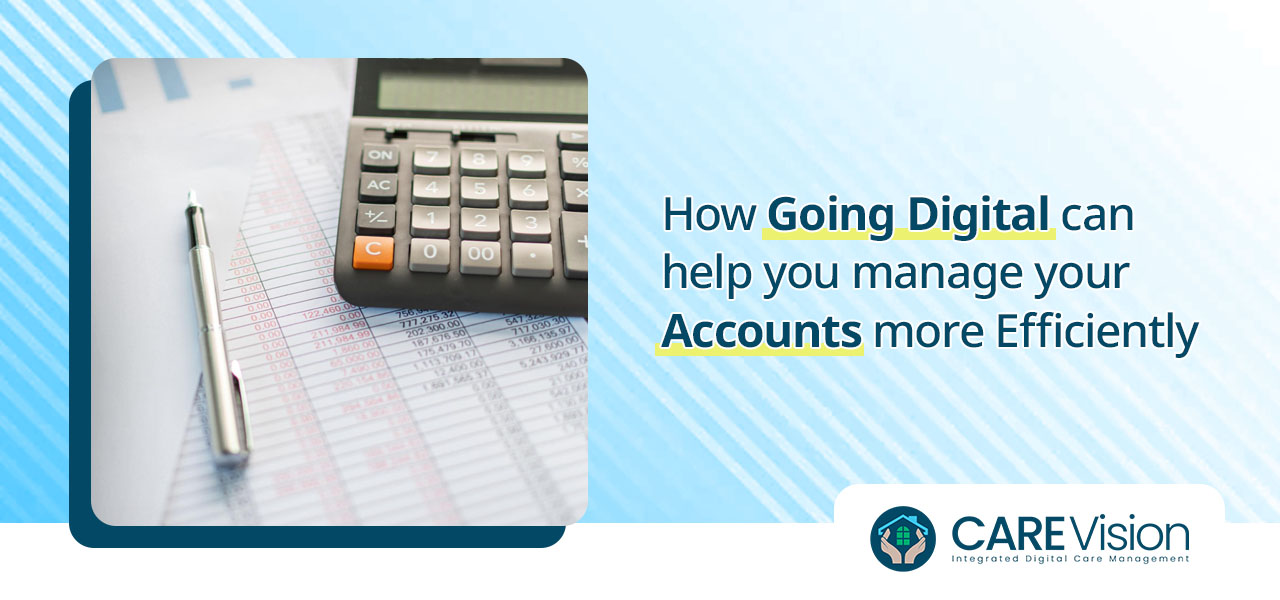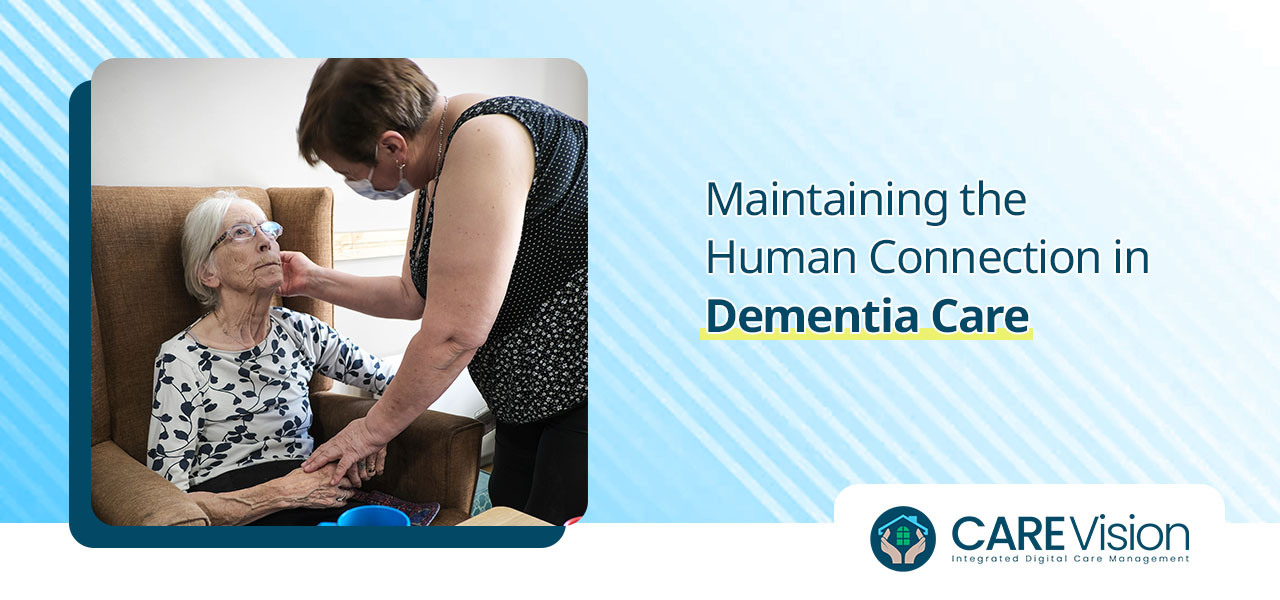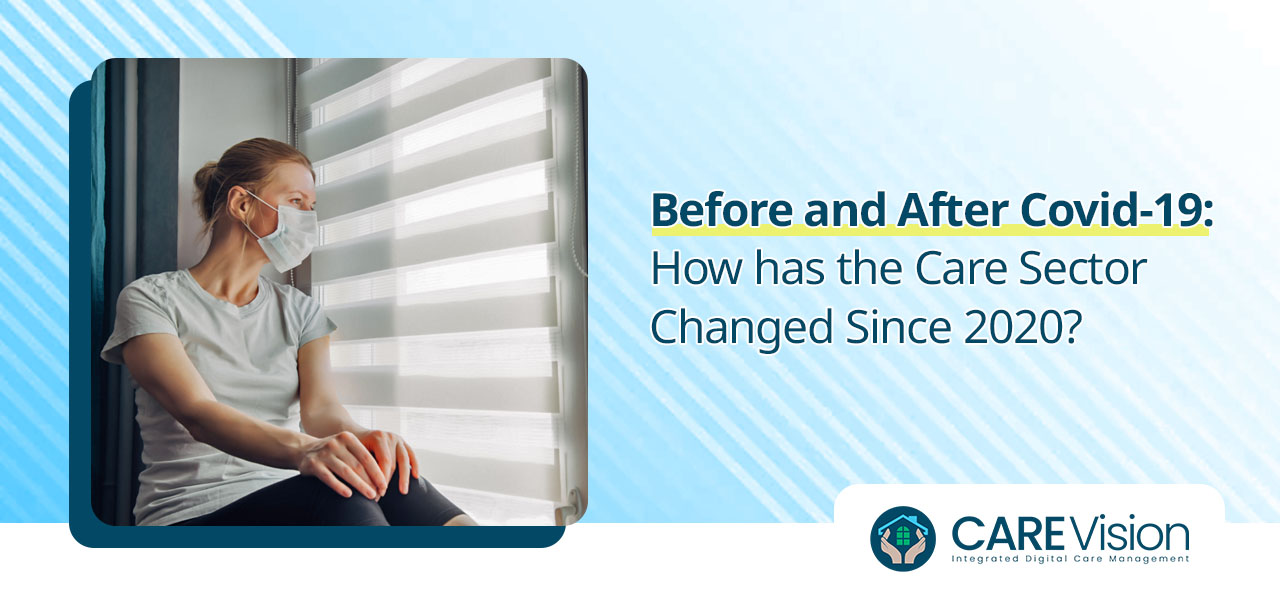Communications are fundamental to providing good care and support to care home residents and patients. This is particularly true when it comes to professionals involved in a person’s care talking to each other, sharing notes and collaborating on medical treatment and daily living support. From doctors and nurses to dieticians and therapists, medical professionals need to know what each party is doing and how their involvement fits into the overall care plan.
Having a digital professional notes feature is an easy, reliable way to pull key information and updates together in one place. Those involved can add their notes to the system and cross check them against other professionals’ input. Important data such as fluid and food intake, medication alterations, mood and behavioural changes etc. can also be checked and treatment plans adjusted accordingly. All notes should focus on the person’s status and their achievements towards meeting their individually identified health and social care goals.
Documents and audio files can also be attached to the person’s notes for added detail, clarity and evidence. Making professional notes digitally also eliminates issues with incomplete records, illegible handwriting and the need to find confidential, secure physical storage solution for residents’ files.
Effective professional note-taking
Writing professional notes, whether digitally or on paper, requires certain elements to be fulfilled to make the process easy, effective and correct. Always remember that professional notes could be requested by the CQC and other regulatory bodies in the event of a complaint or query. So, they must be well-written, objective and accurately presented in the same way as any other medical; record or legal document. To begin with, there are four main aims to always bear in mind:
- Be objective. Include proven facts and evidence for the most accurate picture possible. Examples include test data, medication details and things that were heard or seen first-hand, rather than opinions or emotional response.
- Be concise. Less is often more when it comes to writing professional notes, especially when they are intended to be read by busy care workers and other members of a wider medical team who usually have several people to monitor and look after at any one time.
- Be relevant. Get to the point and only include information pertinent to that point. Always double check that you are adding details to the right person’s notes and that data is recorded accurately.
- Be legible. Pay attention to how you are writing a note. Look at sentence structure, spelling and grammar, as these all help make your words more readable. If you are in doubt about how to write anything, consider adding the details in an audio note instead. Try to use active language as opposed to passive wherever possible.
It is also important to know what to include in professional notes. As well as reports on routine check-ups, scheduled treatments and ongoing care plans, this is a good place to record more concerning events. Examples include accidents, injuries and falls, sudden weight loss or gain, changes to diet or appetite, loss of independence, sleep troubles, reduced fluid intake, emotional distress or mood swings, symptoms of depression or poor mental health and signs of aggression or altercations with staff or other residents.
Professional notes should be read at the start of each shift, in addition to as soon after an external medical professional’s visit or appointment as possible. This enables any mistakes in the notes to be corrected quickly, as well as any updates or changes to regime to be implemented straight away. It also helps staff remain as informed and updated as possible in case they are asked any questions about the person who the notes are about.
Finally, professional notes are a useful tool for sharing information, not just between medical teams or regulatory bodies, but between carers at the end of one shift and start of another. They can also be useful for family members to monitor the progress of their loved one’s health and wellbeing during their time in the care home.
This is another key reason why notes should be well written, with objective, active language and clear data and goals, rather than passive, vague or overly emotional or negative. The details contained within the notes not only help staff oversee the resident’s care, but they act as a diary of events and achievements for the family to respond to and feel more involved in.






